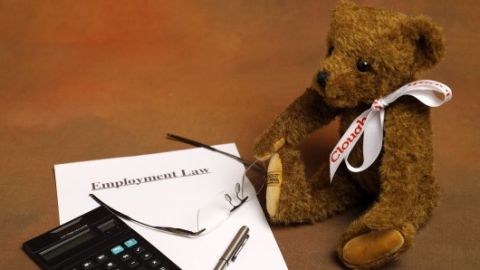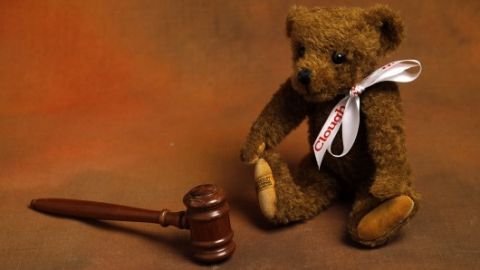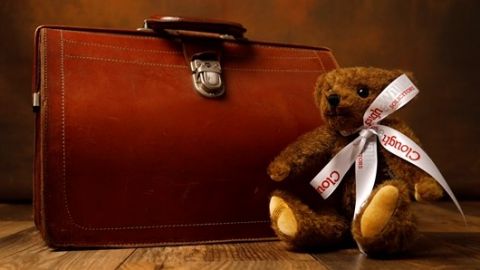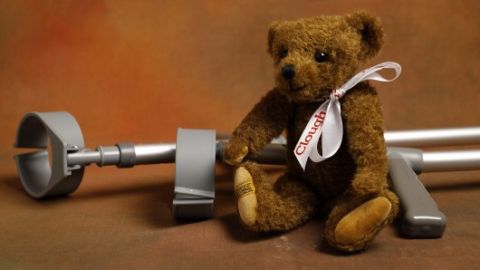Commercial Law
Clough & Willis Solicitors' specialist business law department can help your business understand, adhere to and take advantage of current UK business legislation.
Every day our experienced North Manchester based business law solicitors offer expert legal advice and representation for clients in business, partnership and company law, as well as a number of specialist legal services including:








